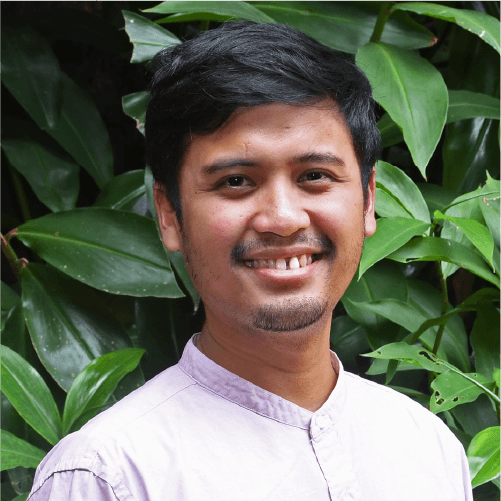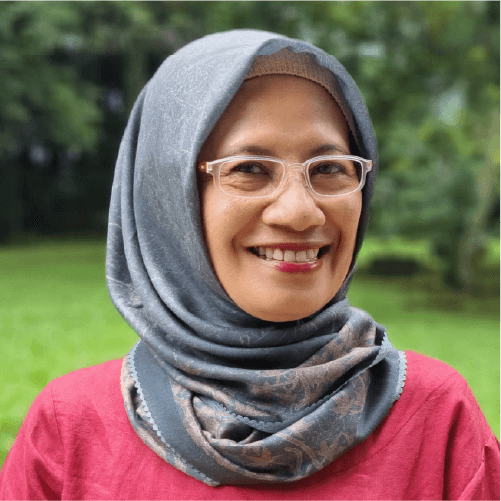Description
ACIAR’s current project in Peatland (FST/2016/144), also known as "Gambut Kita” (Our Peat) aims to improve community fire management and peatland restoration in Indonesia. By supporting the reduction of peatland fires and restoring peatlands in an effective and equitable manner, the project helps to mitigate the smoke haze problem and reduce greenhouse gas emissions. Integrated research conducted in the Gambut Kita project has highlighted the importance of communication, trust, agency, and strong leadership for successful implementation (Fleming et al. 2021). But the project also spread its efforts across multiple peat domes and has revealed how different the different dome circumstances are, limiting achievement of outcomes through the project. Moving forward, ACIAR is aiming to concentrate efforts in the Mawas dome through several new integrated projects in Soils and Land Management (on consistent data and information for restoration – SLAM/2022/104), Social Systems (on desirable and feasible local livelihoods – SSS/2022/155), and Forestry (on conservation of forests on deep peat to sustain the ecological basis for restoration – FST/2021/145). Mawas has a number of advantages as a focal dome in terms of aligned goals between local villagers and government and NGO efforts, and the potential for forest recovery. This SRA on co-governance will complement these other projects. Moreover, the Mahkota project (FST/2021/145) has generated the BOSF Mawas Stakeholder Map, which encompasses stakeholders at the national, provincial, and district levels. This map serves as a valuable resource for the project, providing an initial understanding of the diverse range of stakeholders involved.
This SRA project in Central Kalimantan aims to lay the foundation for an anticipated expansion of the lessons learned beyond the region. Drawing from the insights gained from the aborted Kalimantan Forest and Climate Partnership (KFCP) in Central Kalimantan, this project will benefit from transparent and inclusive communication and interaction among stakeholders, and continual learning for sustainable land use and peatland management.
In addition to learning from previous ACIAR-funded peatland research, CIFOR have strategically chosen to collaborate with BOSF Mawas and Universitas Palangka Raya (UPR) due to their remarkable expertise and extensive working experience in Central Kalimantan and the Mawas conservation forest area. Together, the collaboration will yield meaningful results and contribute significantly to the preservation and understanding of the unique co-governance nature of the Mawas conservation forest area.
























